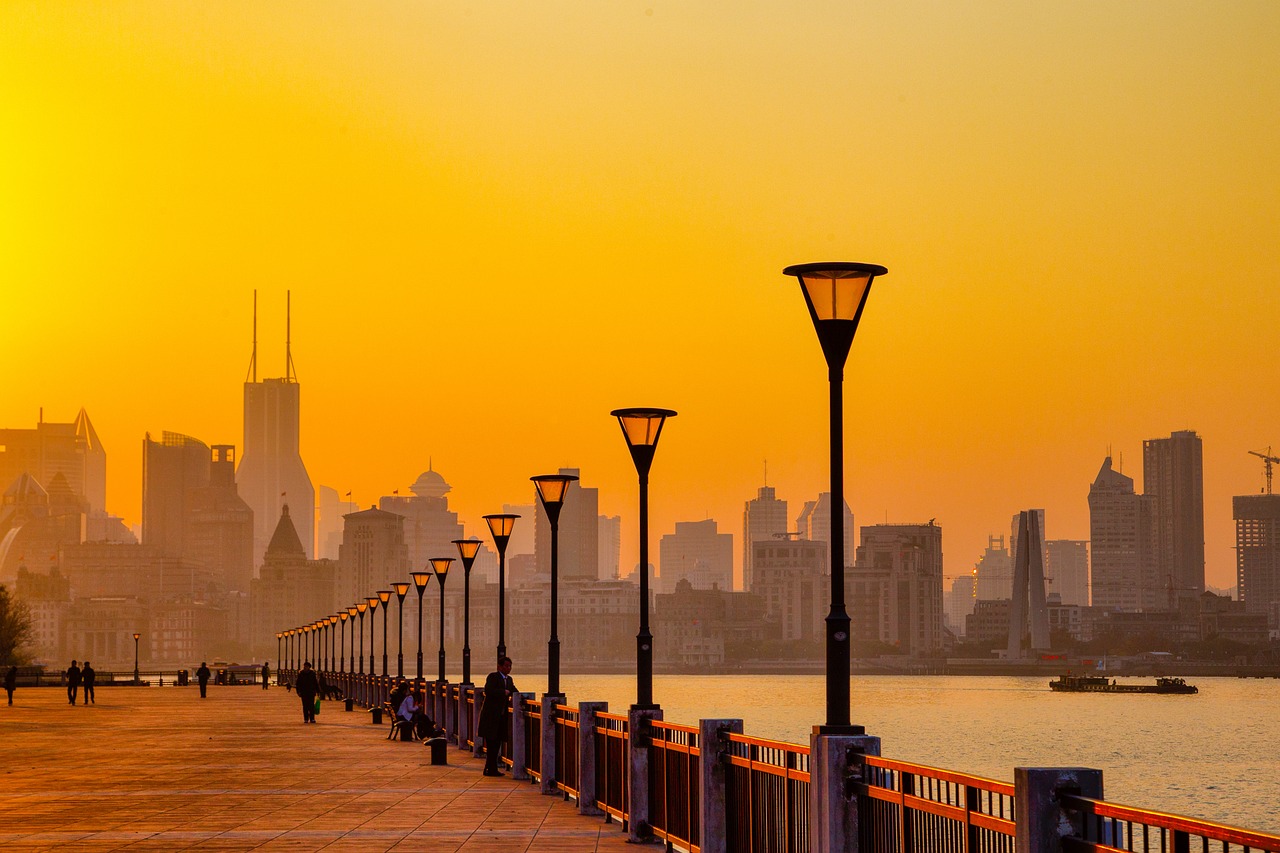Housing prices in China almost tripled between 2005 to 2009 and residential housing investment as a share of China’s GDP also tripled, from 2% in 2000 to 6% in 2011.
The consultancy firm GaveKal says that after 10 years of under-supply, the housing market in China is moving towards “structural over-supply”.
Is there a housing bubble in China that’s on the verge of bursting?
According to The Economist, Wang Jianlin, the richest man in China, said that there are parts of China that are probably experiencing a property bubble.
However, he believes that it is a “controllable” issue.
The bubble is not a major problem in all cities in China.
Smaller cities and residential developments in north-eastern China seem have been affected the most, leading to the rise of Chinese ghost cities.
Chinese ghost cities

Local Chinese governments supported huge residential and commercial developments in north-eastern parts of china.
They were built in the hope that one day they would become prosperous economic centers.
However, these projects are still far from prospering. One example of such a project is the Yingkou Coastal Industrial Base.
According to Xinhua (the official press agency of the People’s Republic of China), apart from street lamps and the occasional car passing by, “at night the base was completely dark.”
In total 12 provinces in China are planning the development of around 200 new towns.
Some people, such as Ms Stevenson-Yang, believe that a nationwide bubble could burst in around five years time.
Meanwhile there are other analysts who say that the burst will only occur among inflated local markets in smaller cities. If this happens, they say the burst will not cause a huge dent in the country’s economy.

